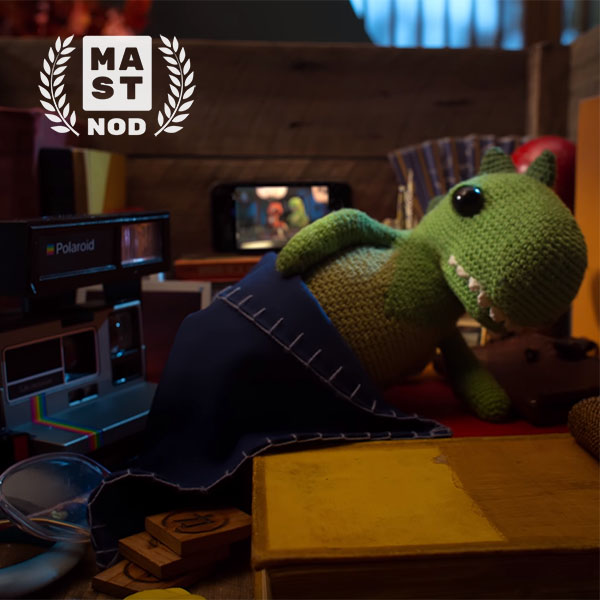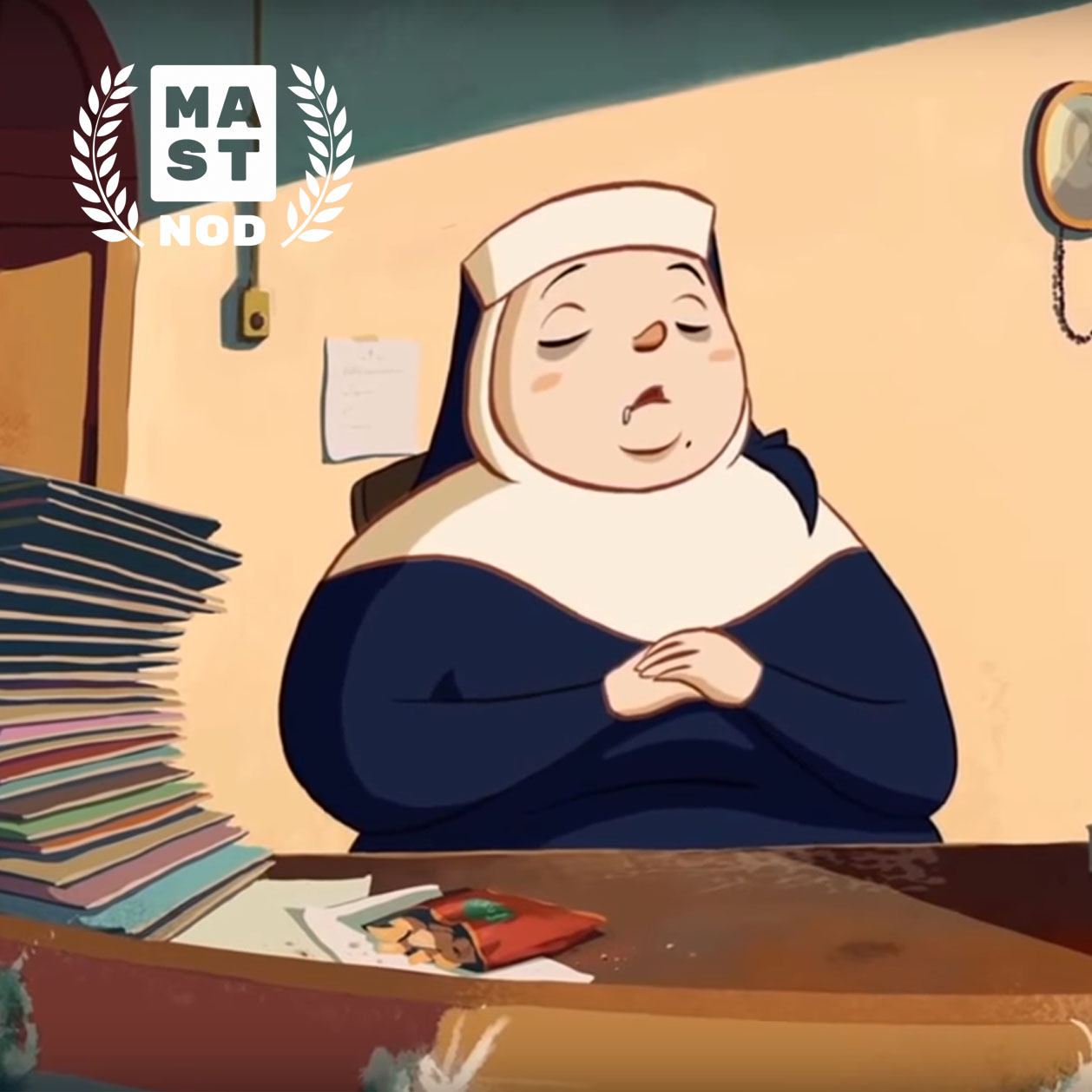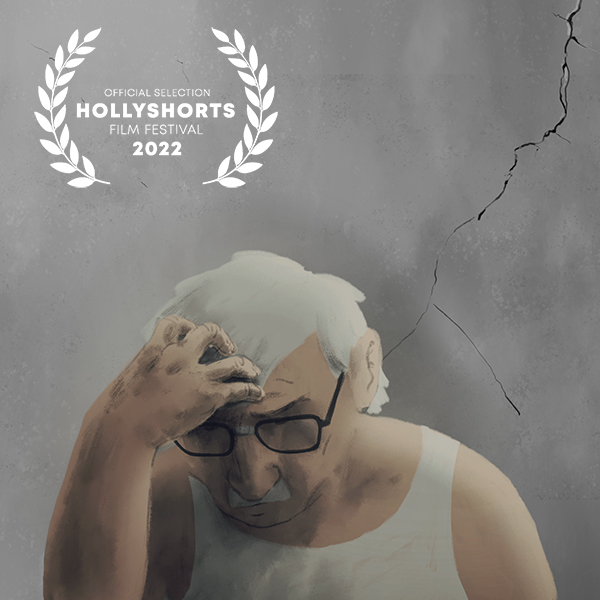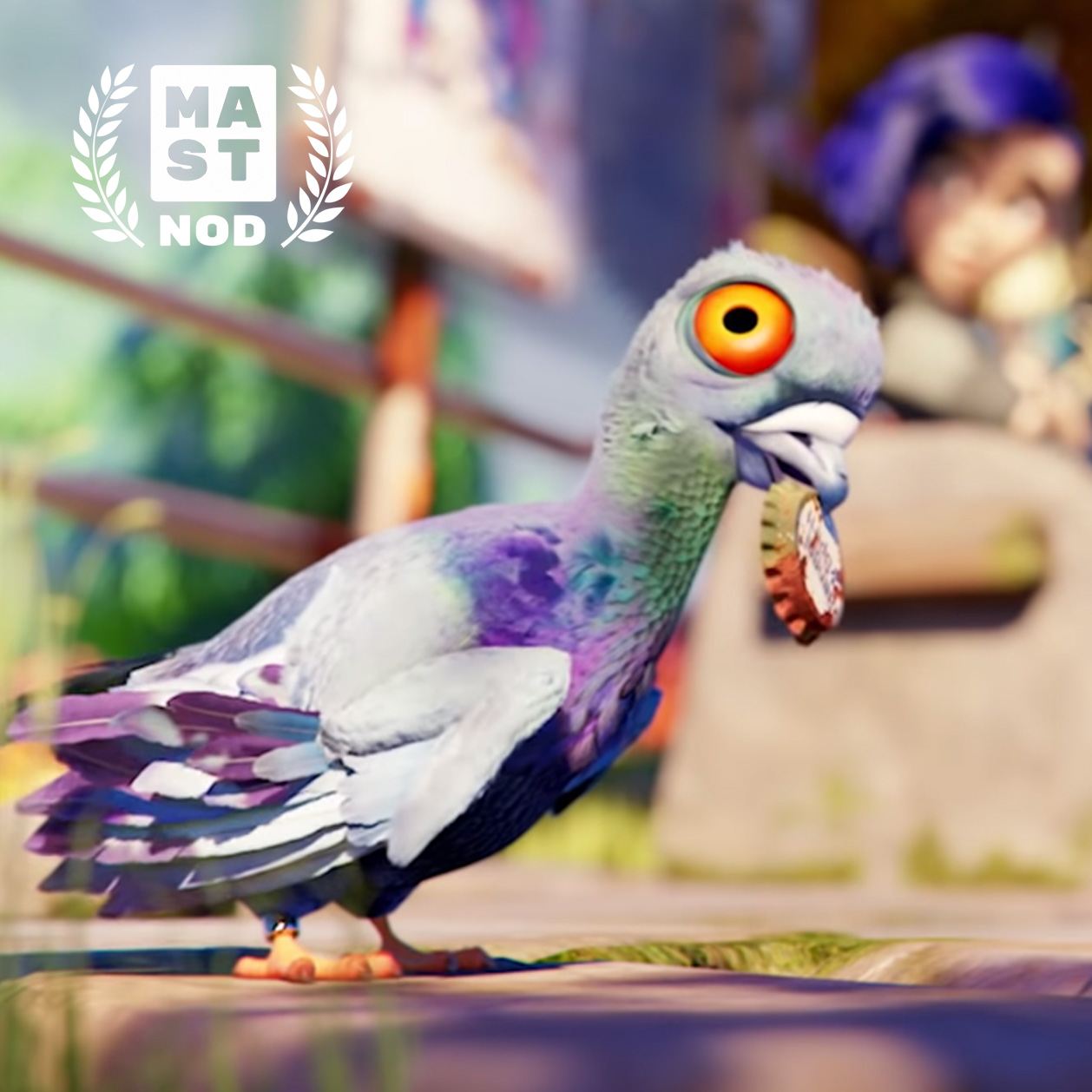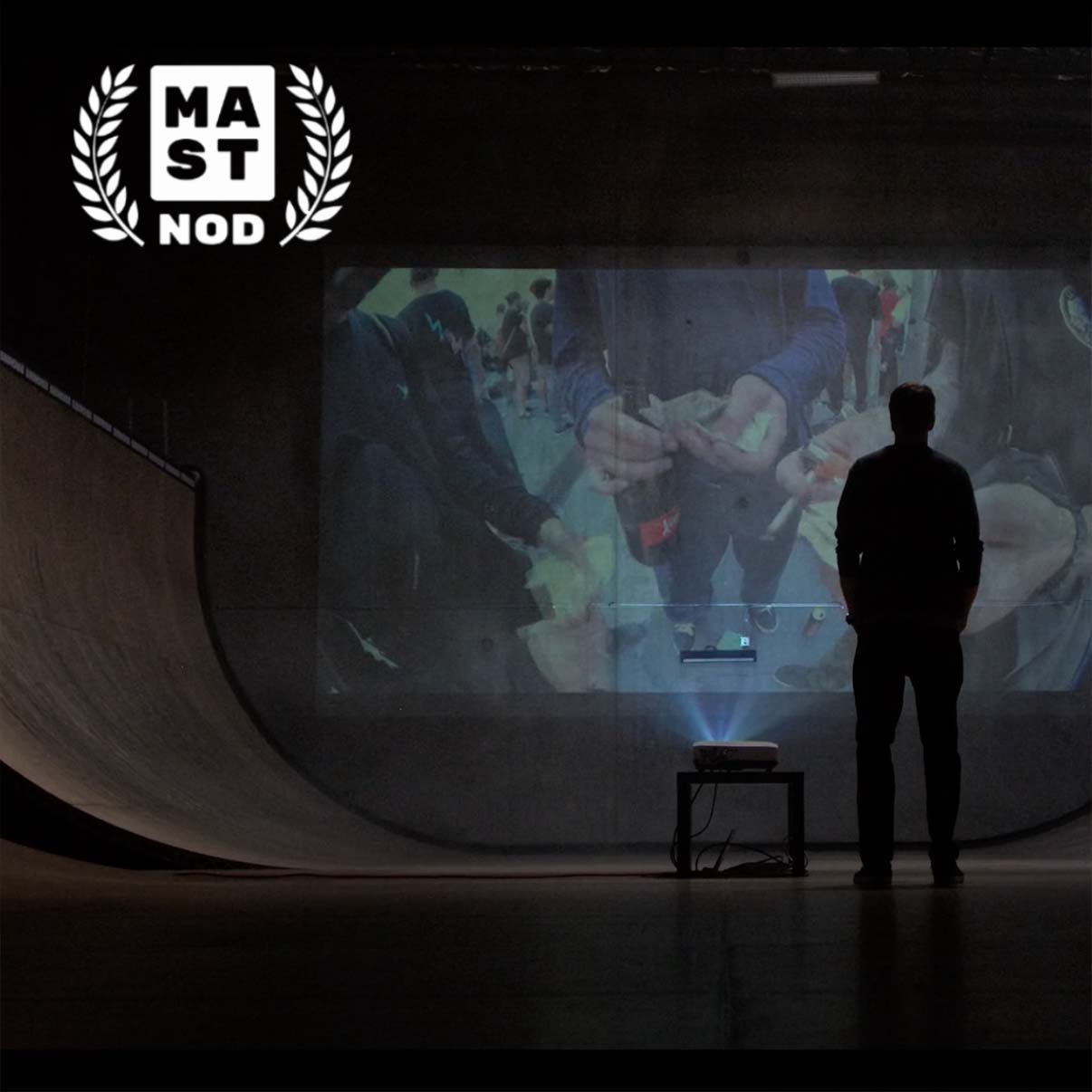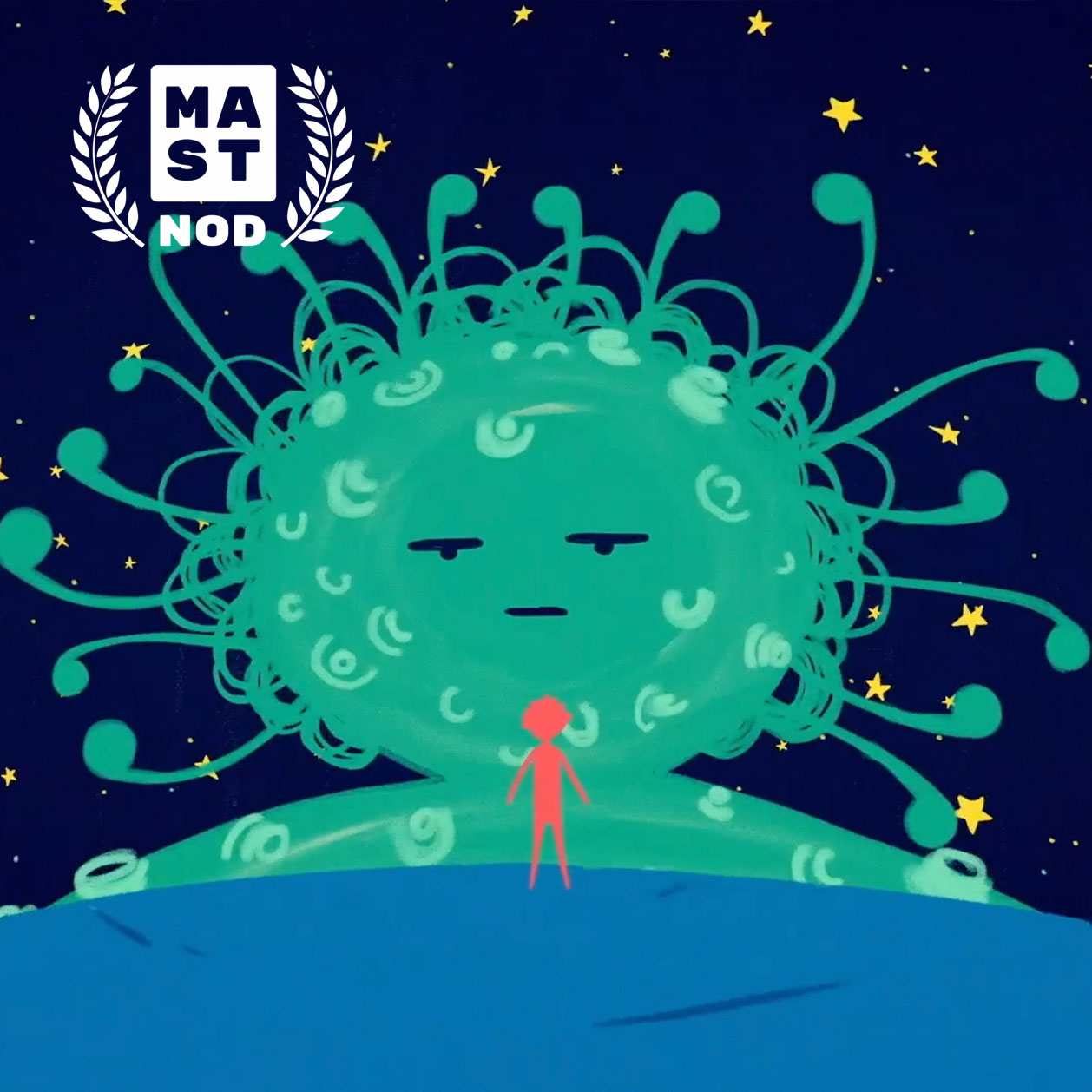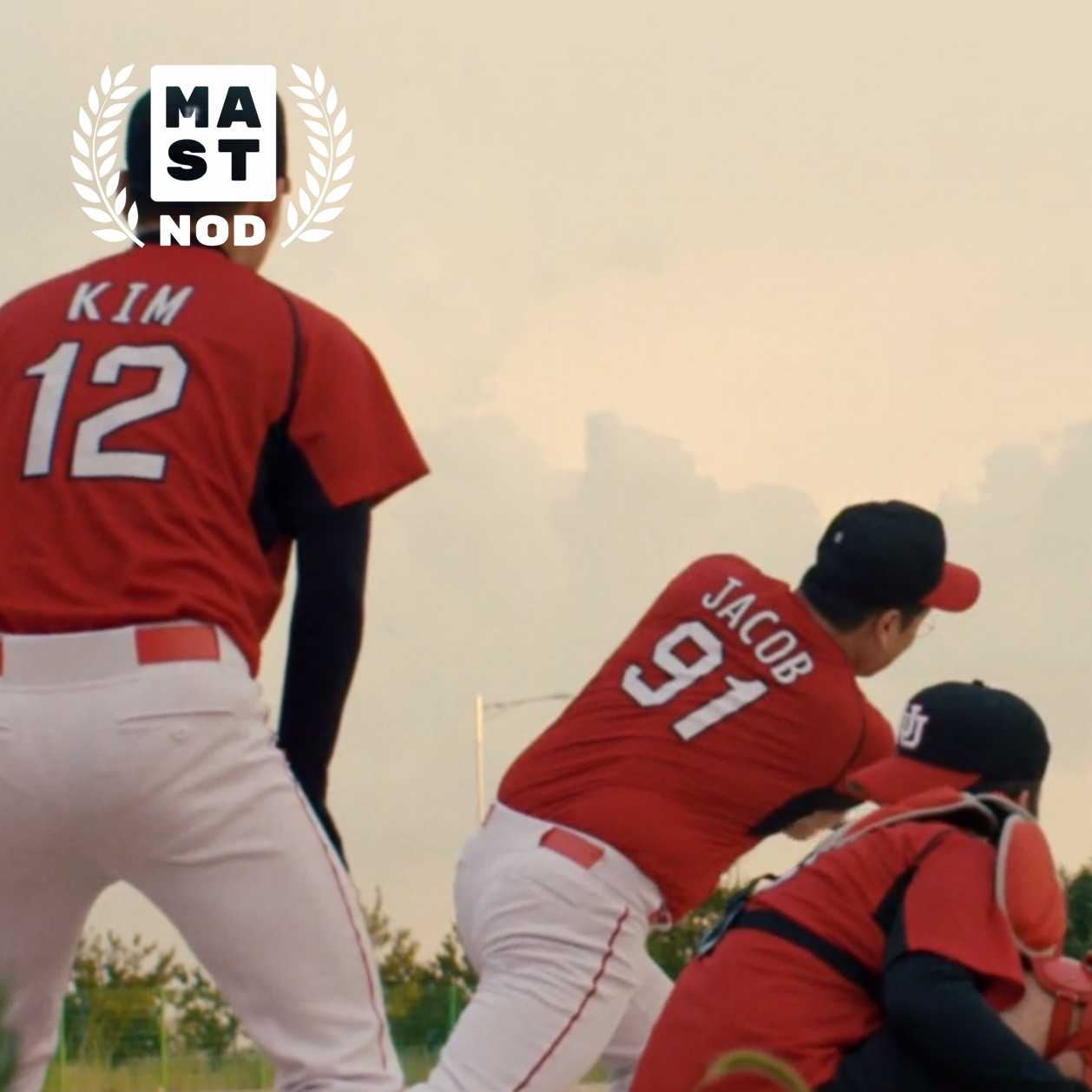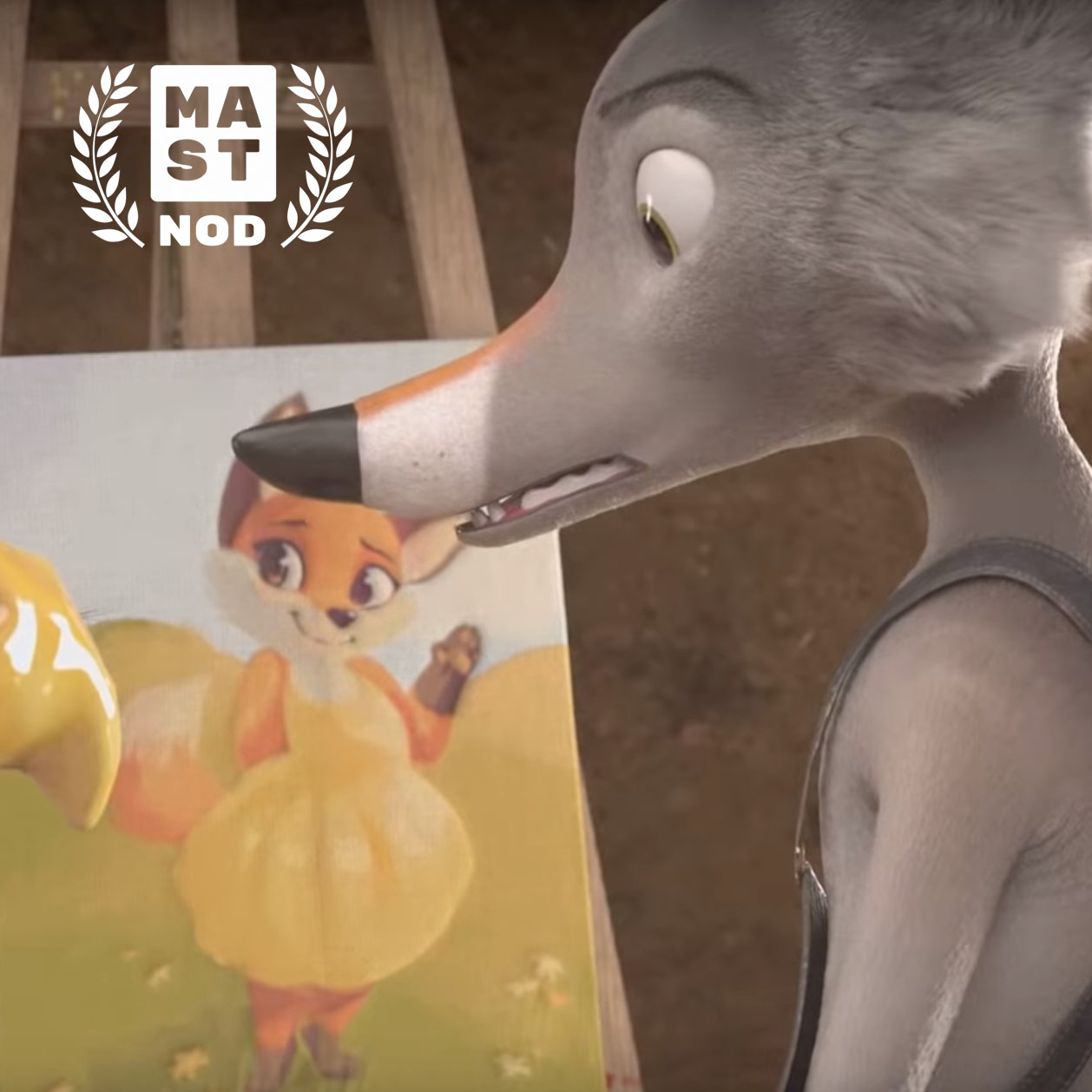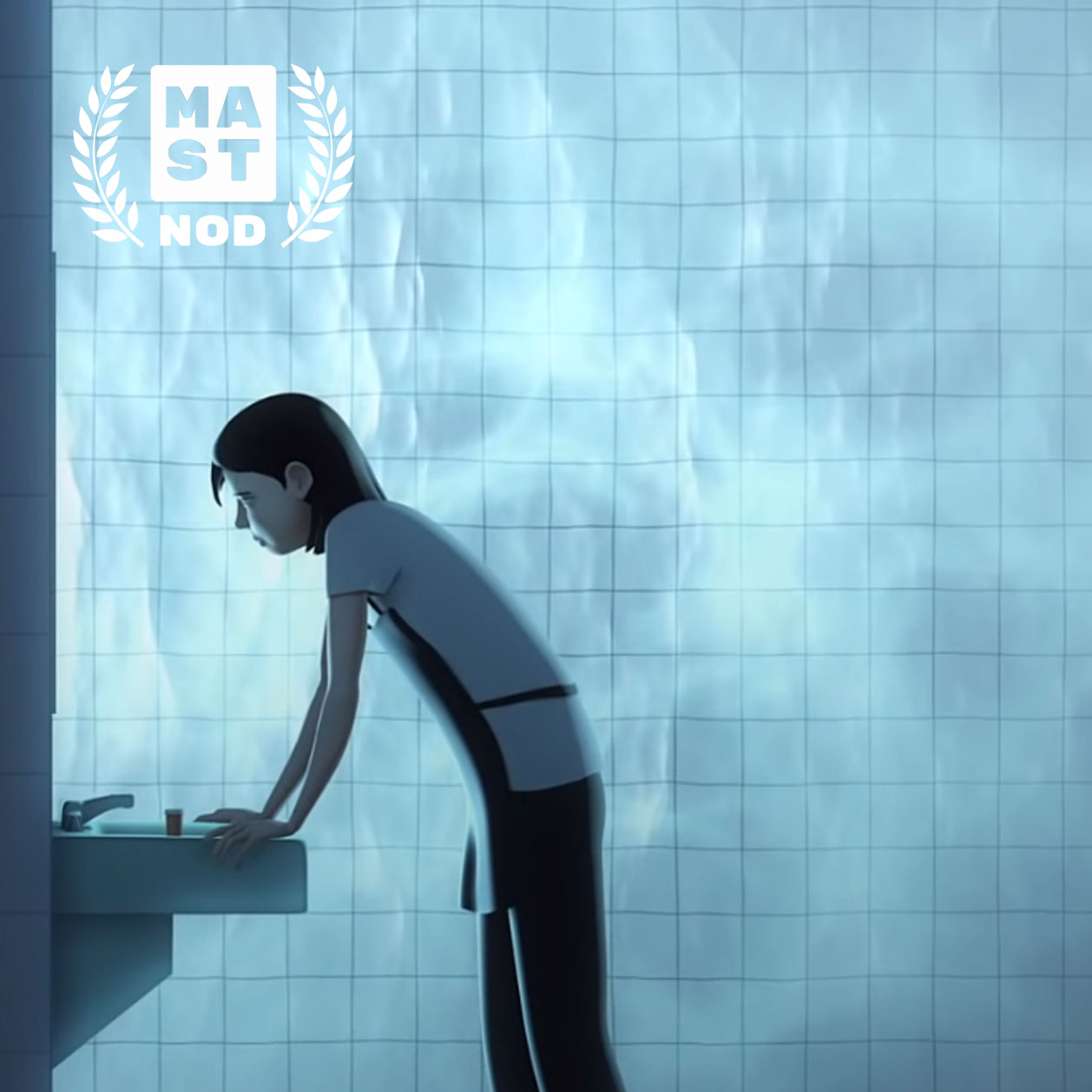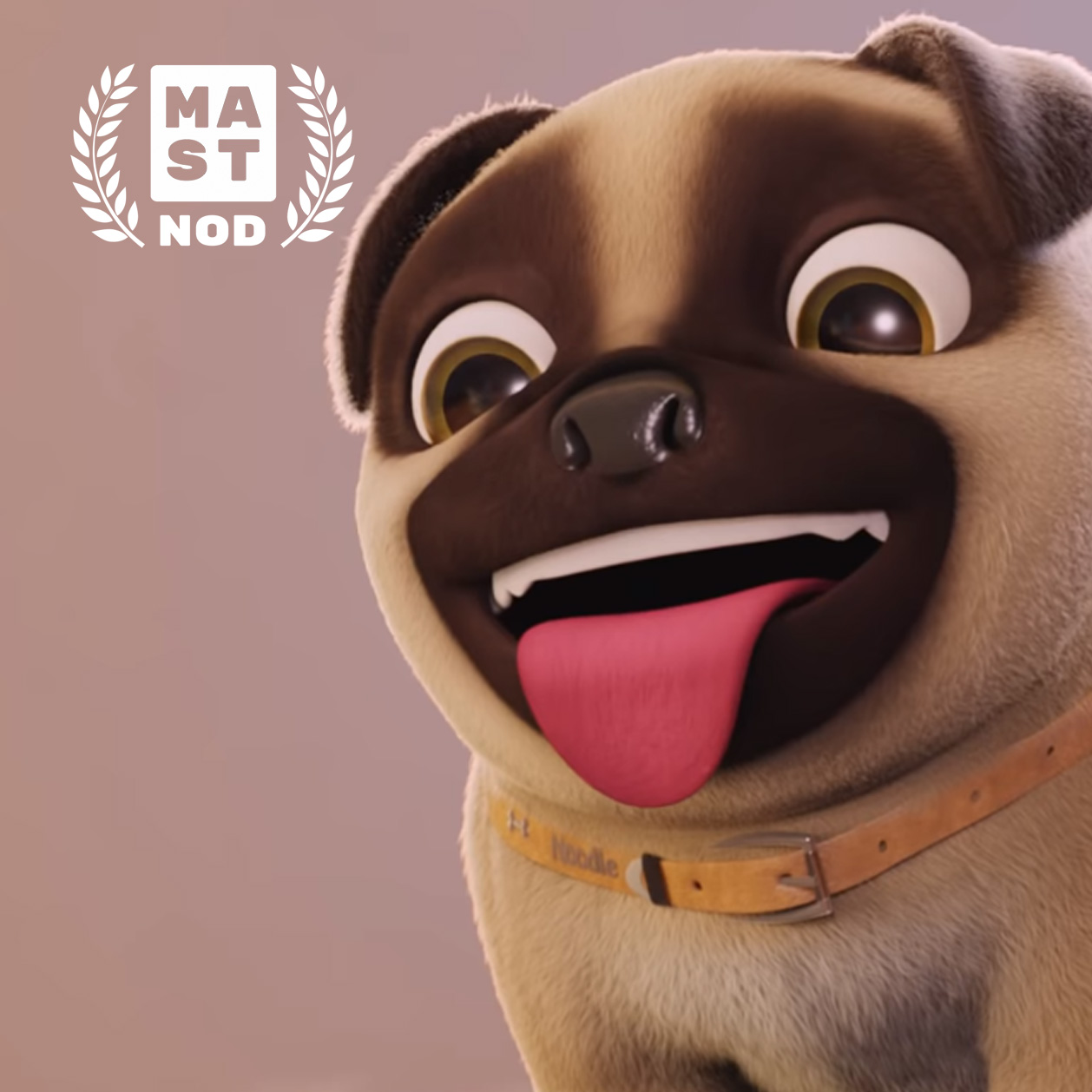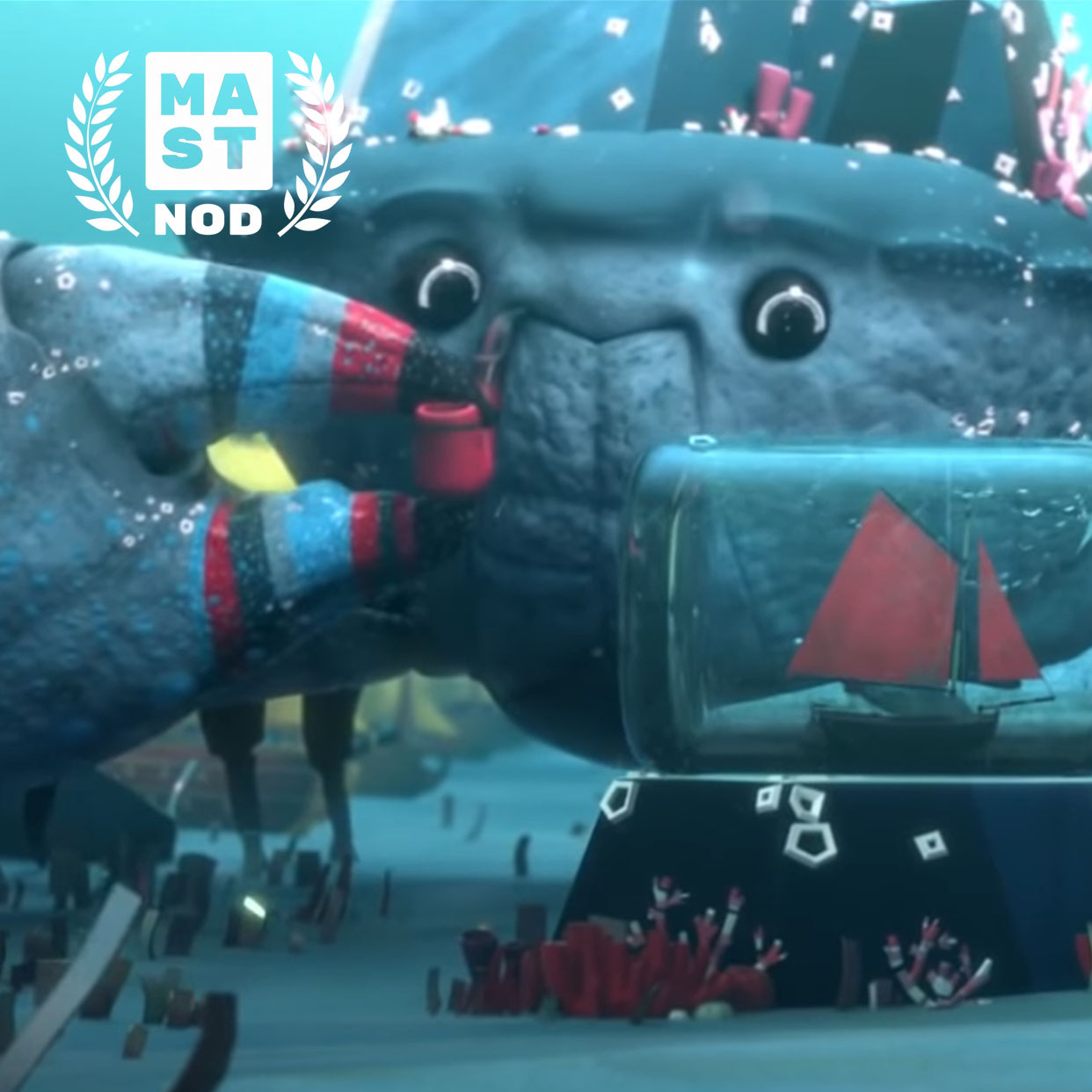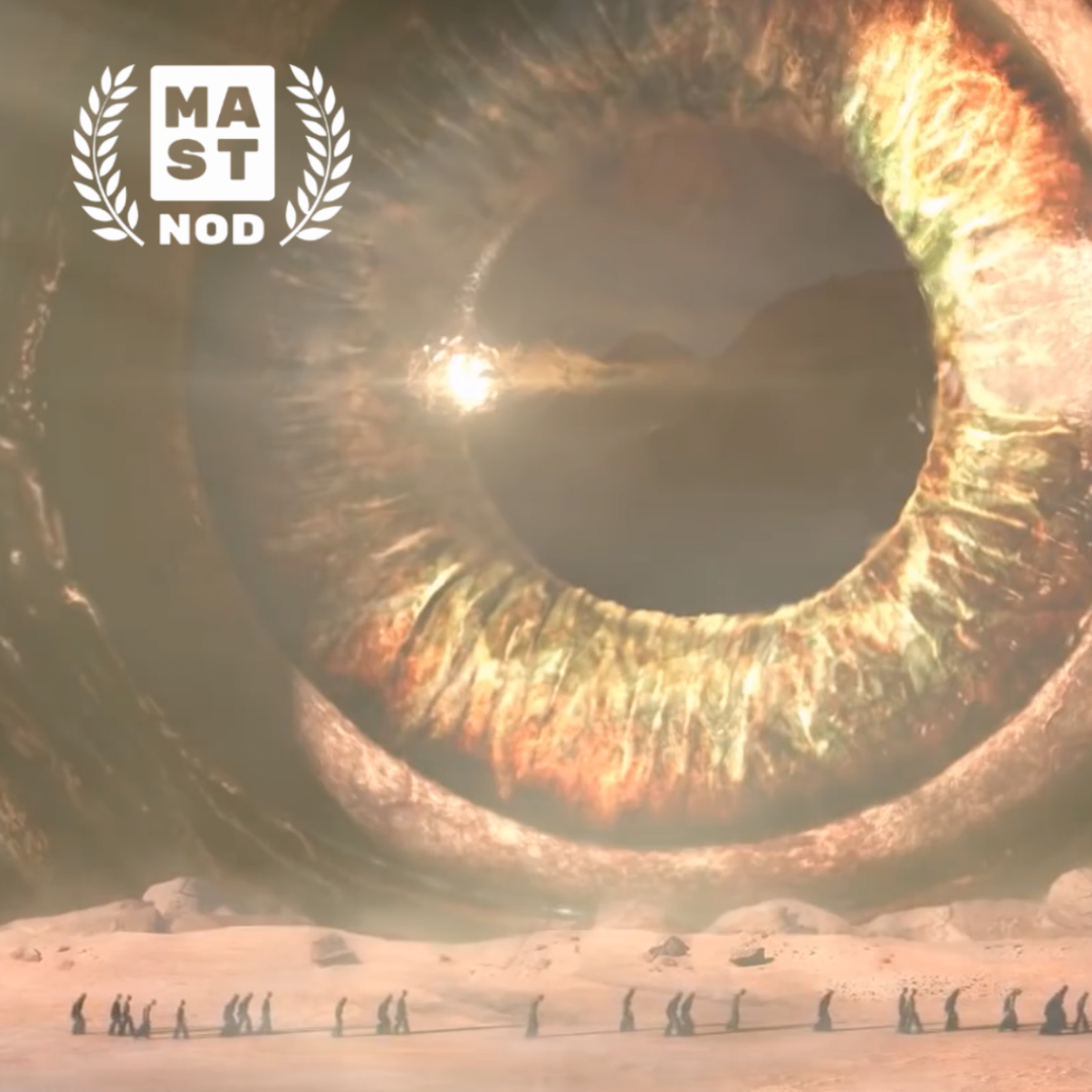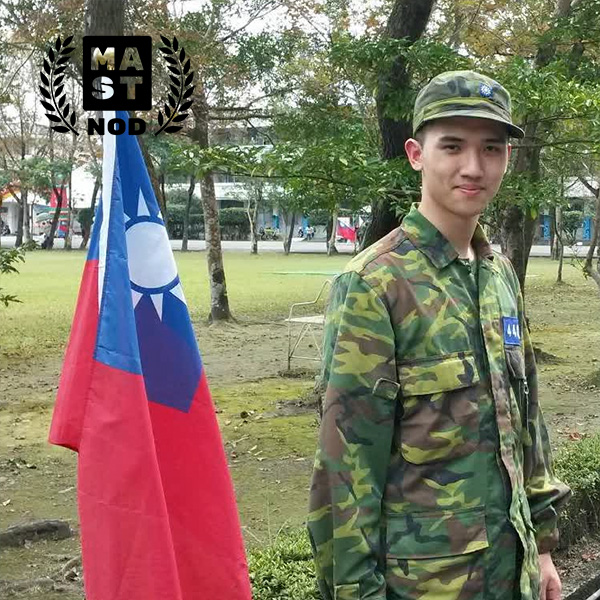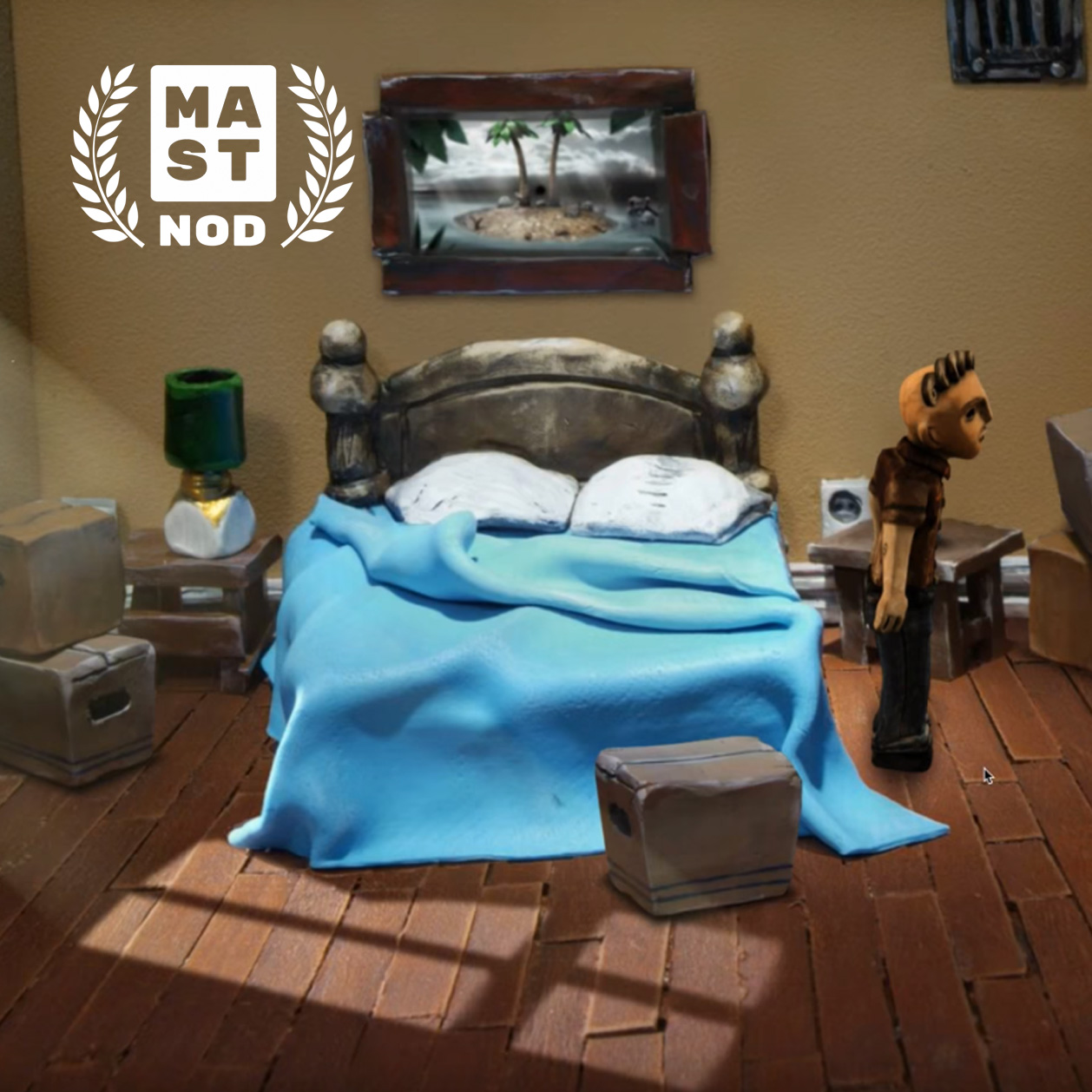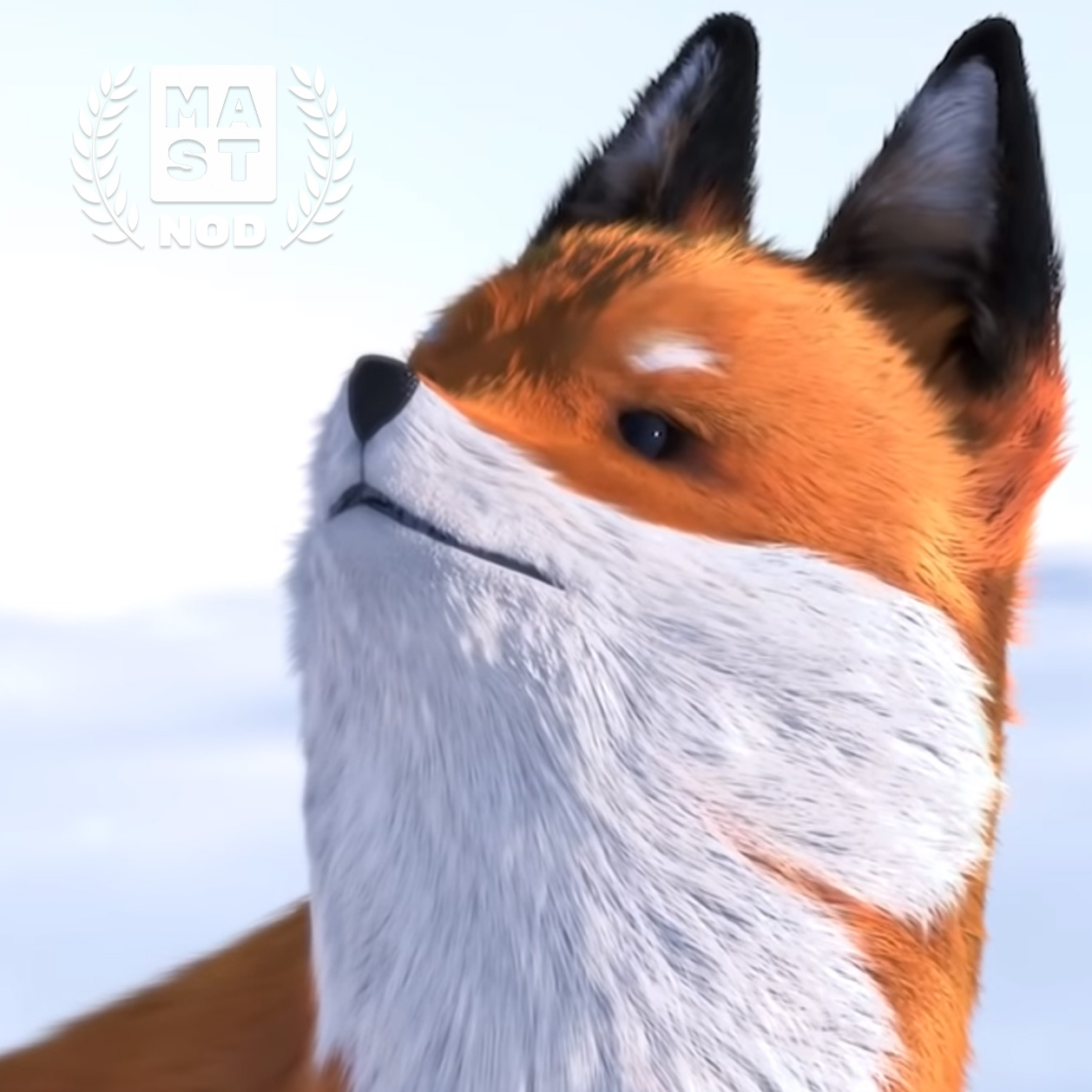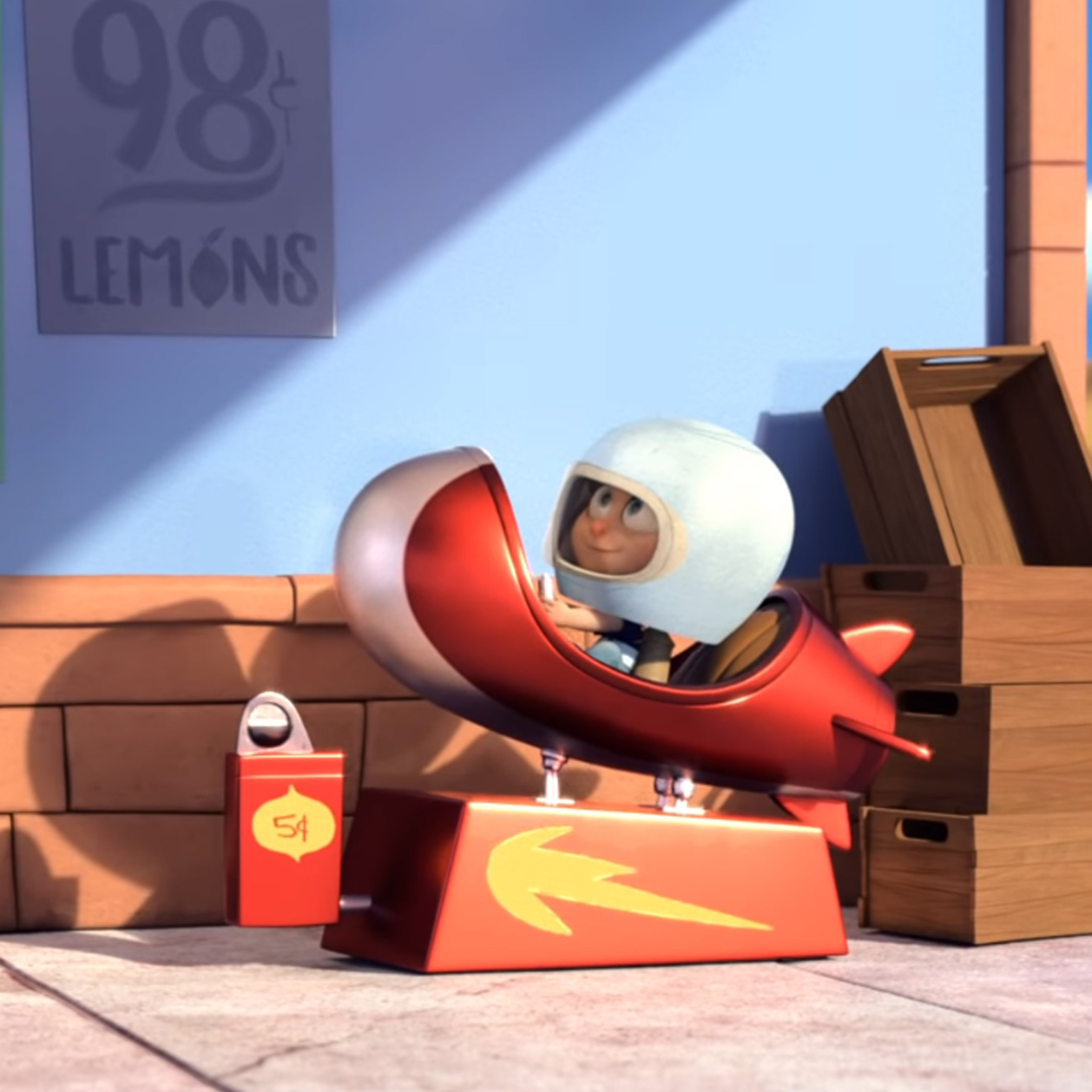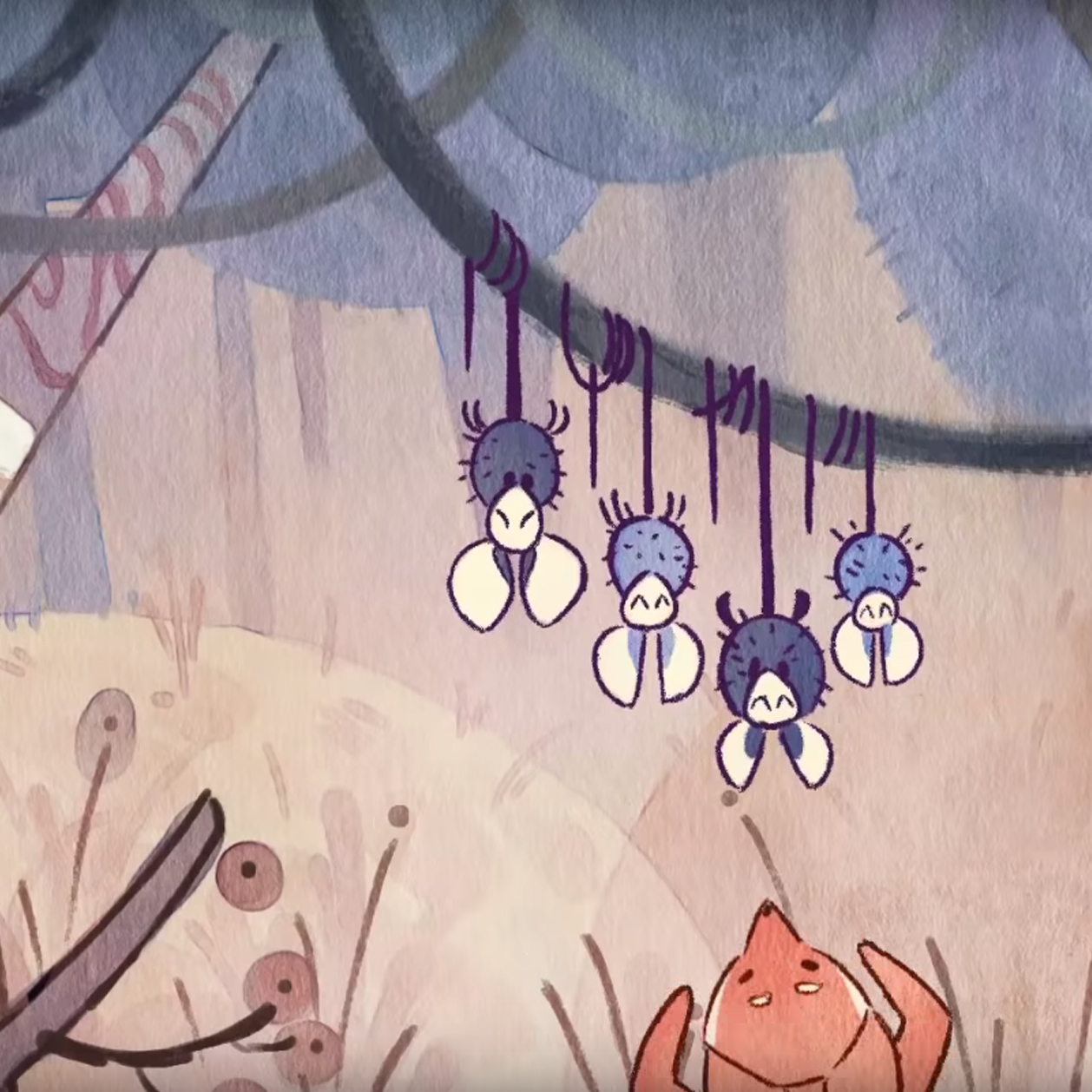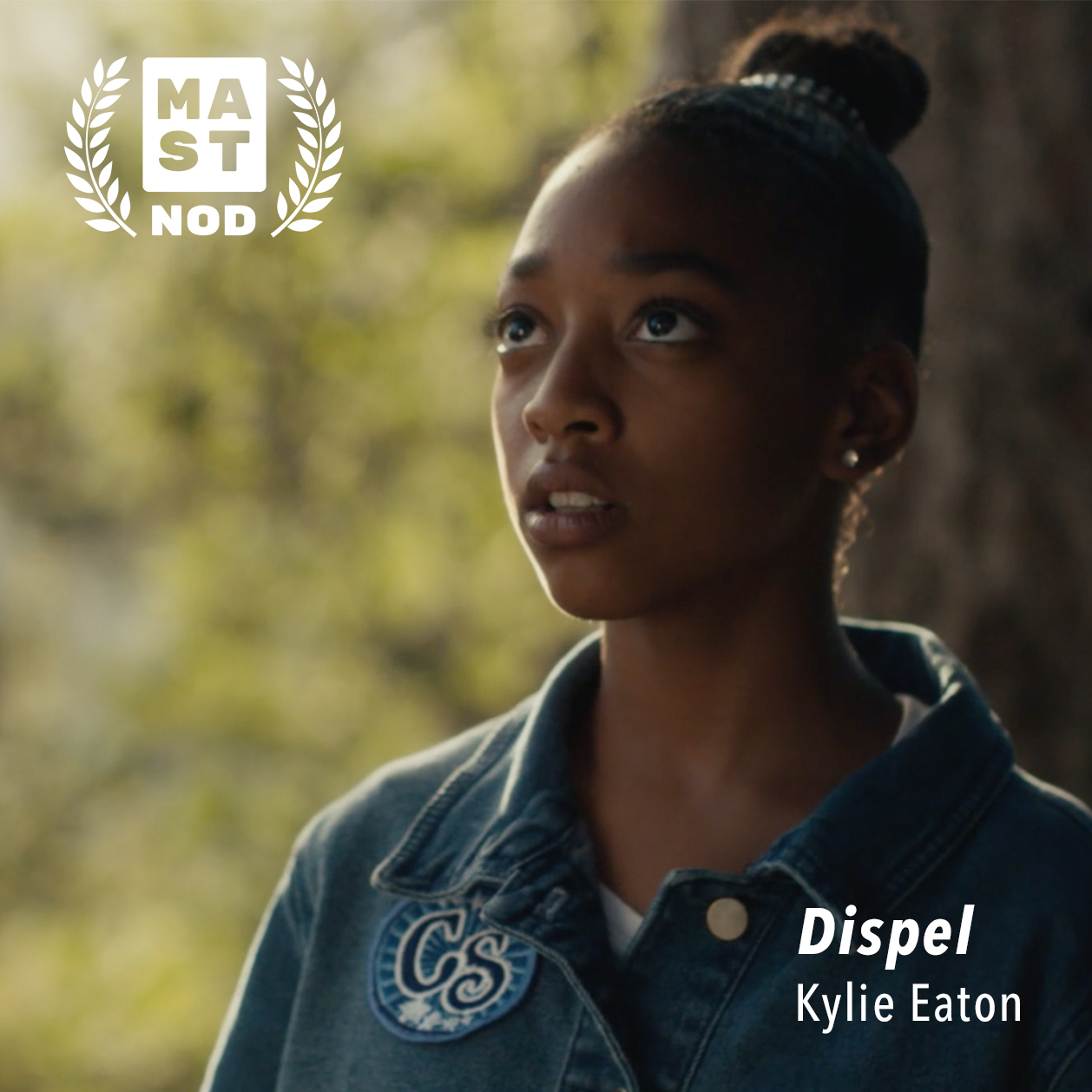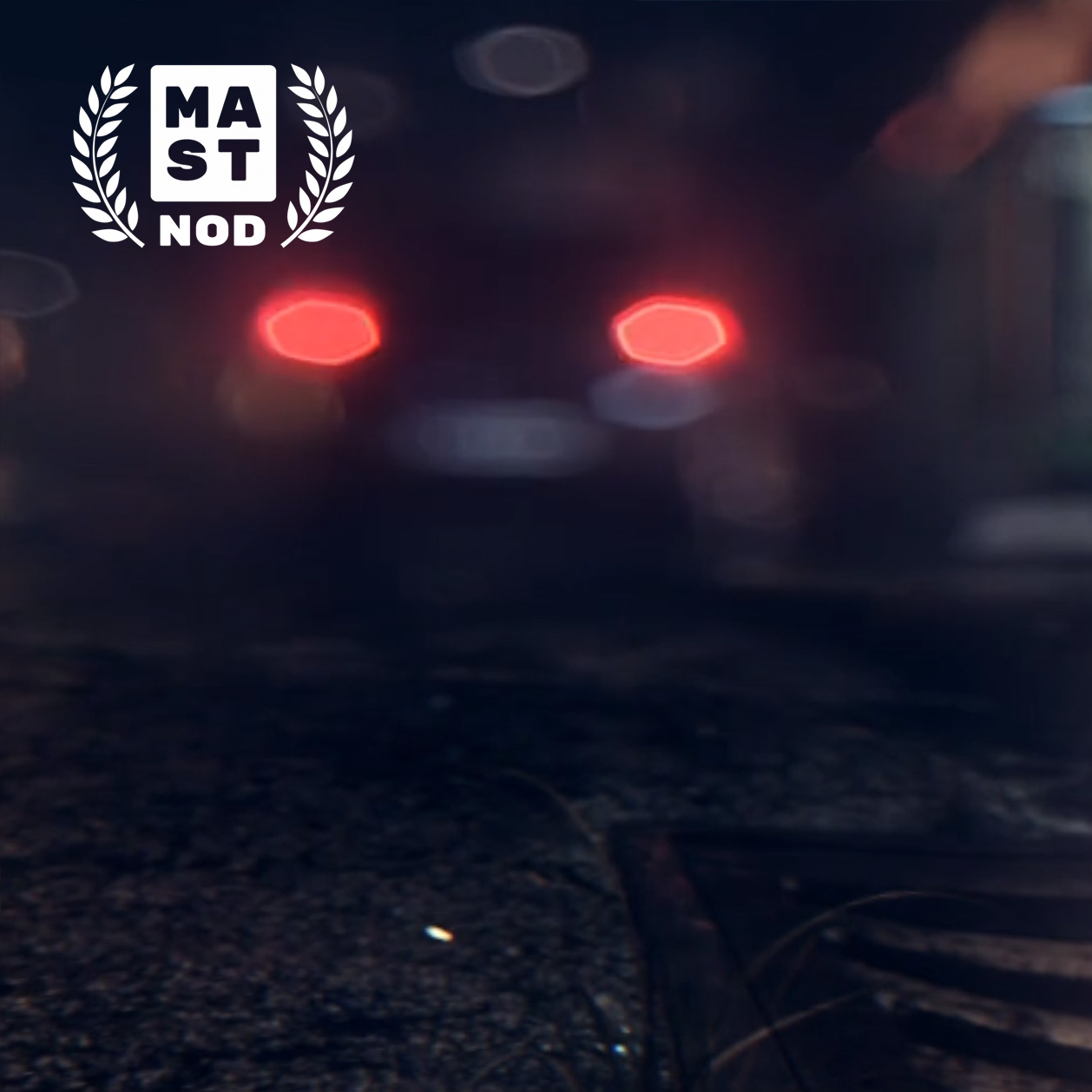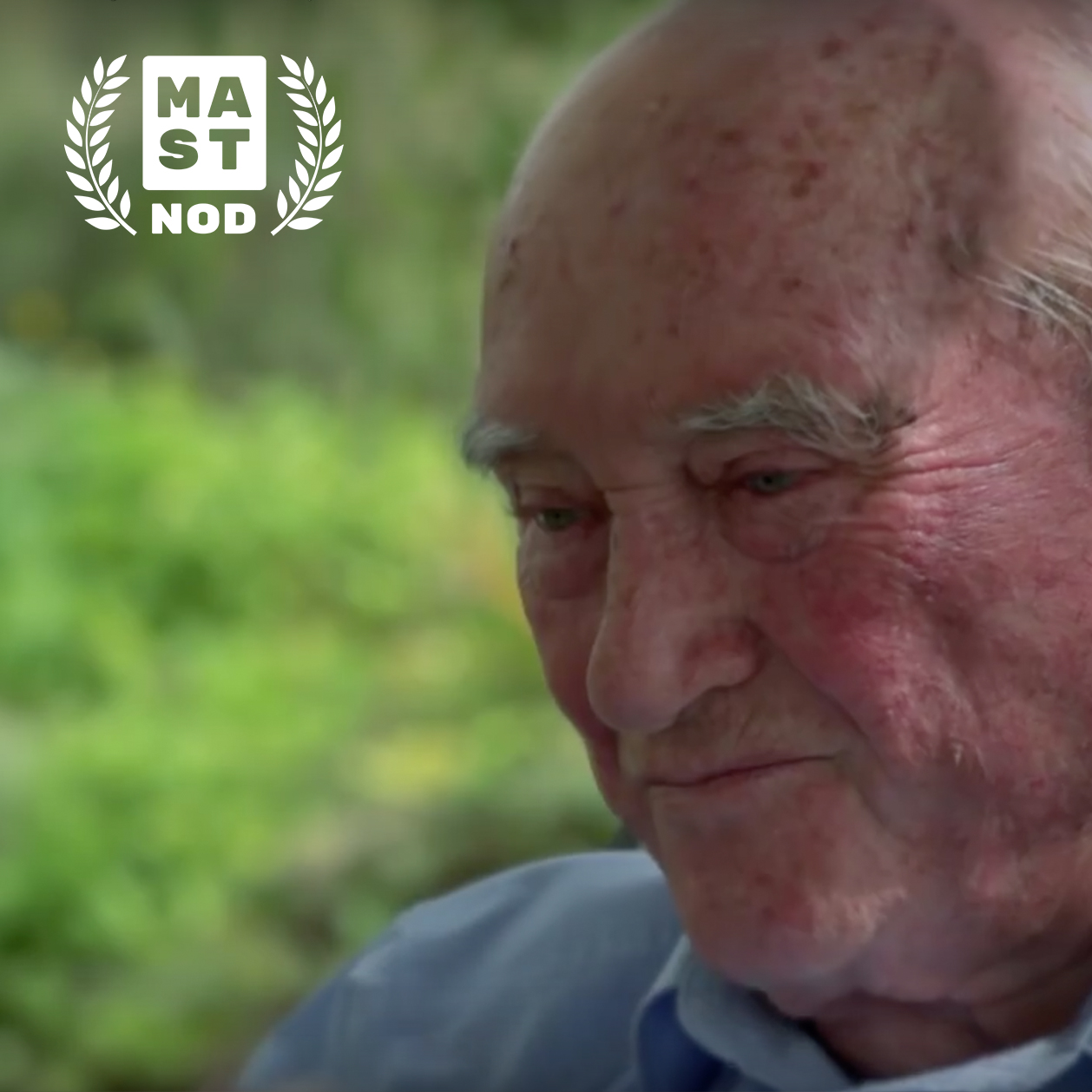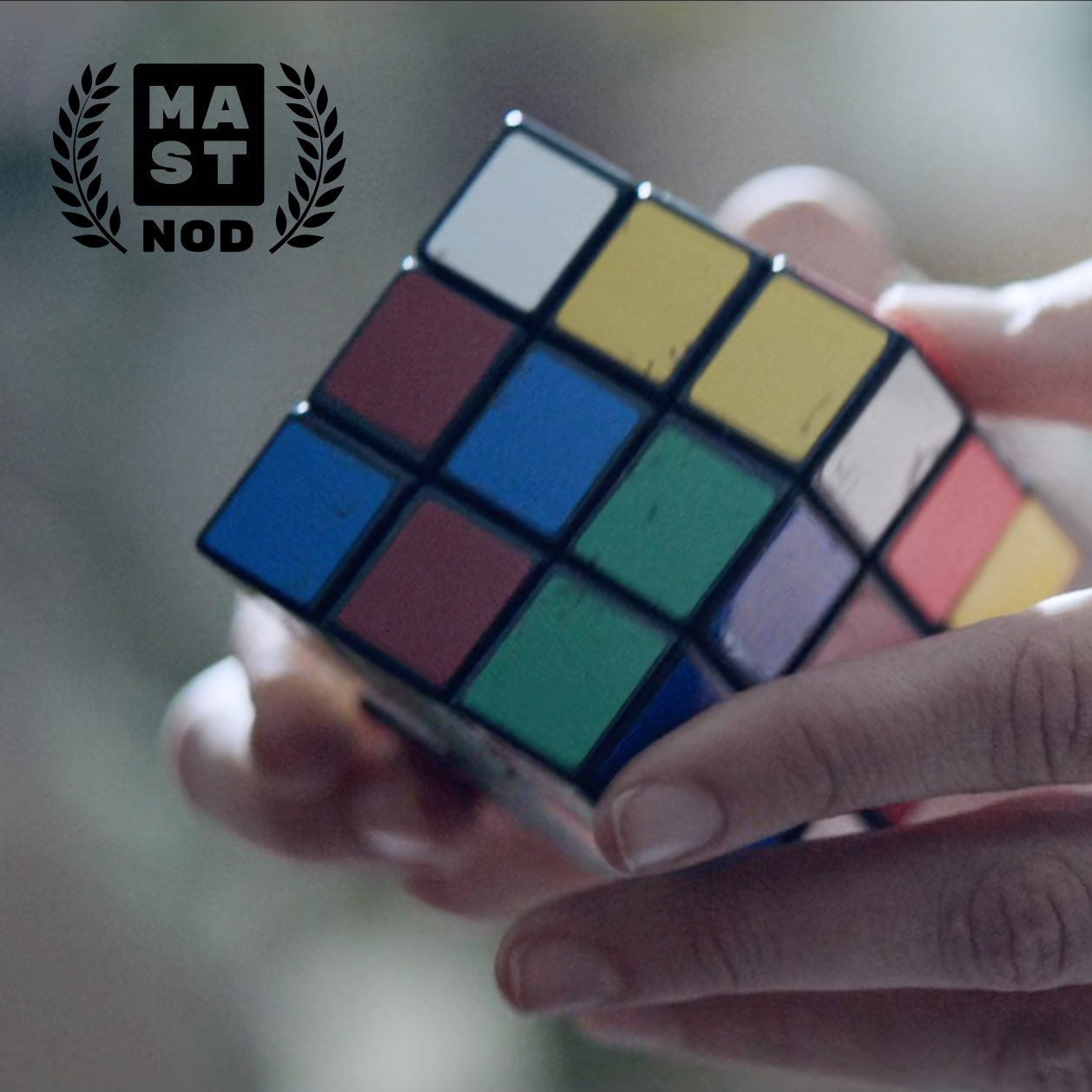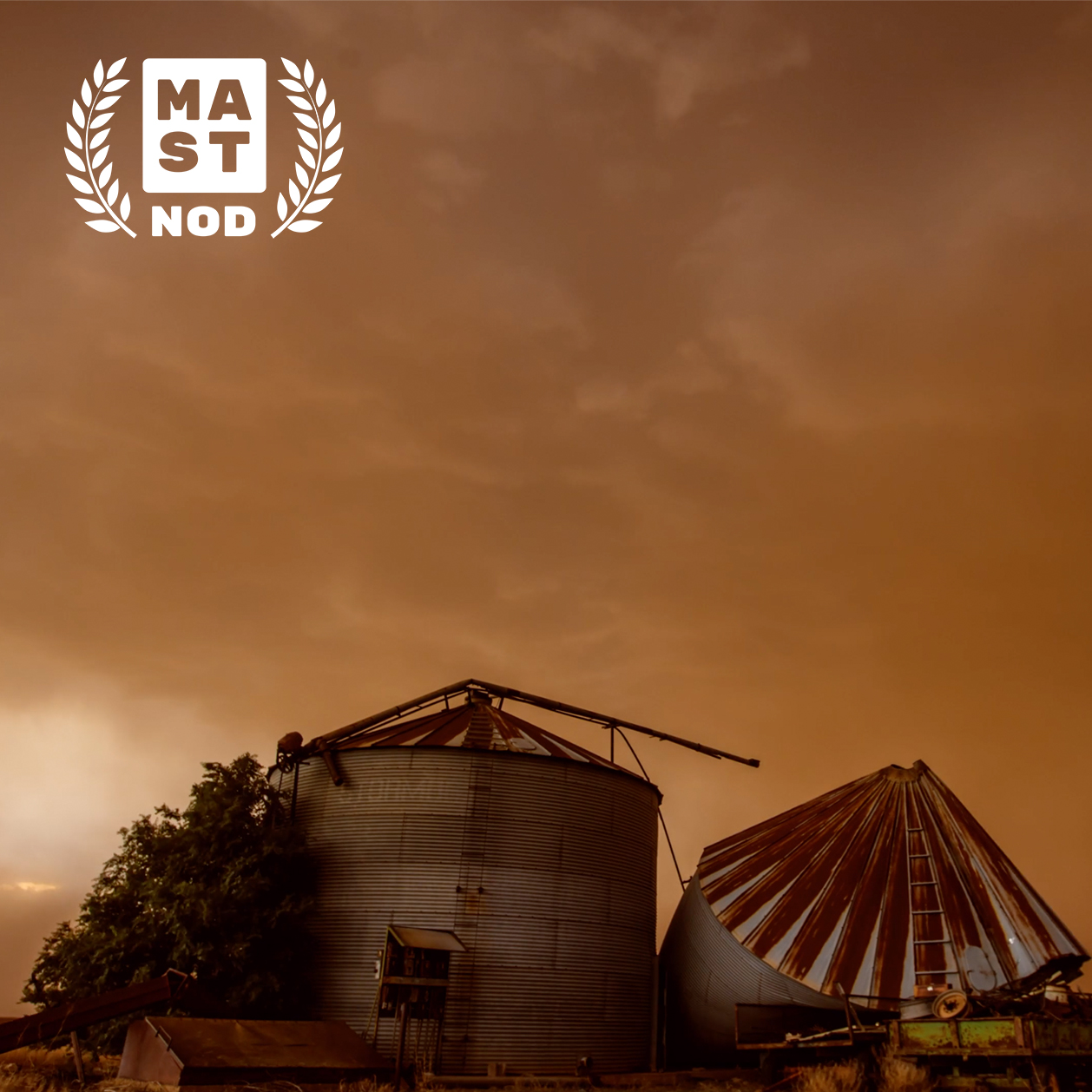A MAST nod to Nicholas Arioli's creative animated short, Coin Operated.
What was the production budget, and how was the project financed?
Nick: You don’t see much animation like this made independently, because it’s very hard to do outside the studio system. So I’m very proud we were able to make this movie as a collection of independent artists. A studio animation can cost upwards of $1.5 million dollars a minute. Our per-minute rate ended up being less than 1/50th of that rate. Shout out to my producer Jen and all the folks at Nimble Collective who made that magic happen! We managed to finance the short independently through the work of our wonderful executive producers.
How was the story developed, and what was the storyboard process?
Nick: I wrote the script based on an idea I’d been kicking around for some time. The script is only a starting point though -- you really figure out your beat-by-beat story as you get into the story reel and get to play with boards and the edit. As far as the storyboard process, pretty standard here I think. [Storyboard artist] Josh Zinman took the first pass based on our conversations, then we went in stages, and refined, replaced, threw out, redrew, etc., etc.for a while until we felt we had something that was working. There’s things Josh came up with that were so good right away they’re almost exactly the same in the final version, and there are scenes we were still playing with in layout and even editing. Making a really tight movie is a process.
What inspired you to make this short?
Nick: I was struck one day by the phrase “life savings,” which seemed to me both a melancholy and a hopeful concept at the same time. We can accumulate one life savings, and spend it on one grand thing. Our dreams and our mortality collide in this common phrase. I liked the interesting mix of feelings I felt thinking about that, and I wanted to distill that excited/doomed feeling into a film. I based the story around my own personal long-held desire to go into outer space.
What are some of your biggest animation influences?
Nick: I have never seen animation as separate from filmmaking in general. Animation is filmmaking at its most powerful, its least constrained. My filmmaker heroes are Steven Spielberg, Brad Bird, Robert Altman, Stanley Kubrick, Hayao Miyazaki, Sofia Coppola…I could go on for a while. Outside of film, Bill Watterson and his incomparable Calvin and Hobbes is a big influence. To give you a sense just for animation, a few of my favorite animated features and shorts off the top of my head are Akira, The Incredibles, Spirited Away, Ratatouille, World of Tomorrow, The House of Small Cubes, Fresh Guacamole...so many wonderful animated films out there!
Can you discuss your crew and how you worked together on the film?
Nick: I have almost no background in film, I’m a computer scientist by training, actually. I’ve always loved movies and always wanted to make them, but this is my first one! Luckily, my team had tons of animation experience.
I was lucky to work with a great team. It started by partnering with a company called Nimble Collective, who provided the technical pipeline for animation like this, which can be tricky to get outside of the studio system. Once we had the ability to collaborate, my producer Jen and I could start bringing in artists—animators, modelers, lighters, riggers, etc. In the end, it’s hard to do something like this outside of a studio like DreamWorks or Pixar, so I’m very proud that we were able to make Coin Operated independently.
Film Crew: Writer / Director: Nicholas Arioli, San Francisco, CA Producer: Jennifer Dahlman, CA Composers: Emile Mosseri and Alex Schiff, New York Executive Producers: Jessica Sittig (San Francisco), Serkan Piantino (New York), and Andrew Bosworth (CA)
How did you first get interested in filmmaking?
Nick: I love movies—they work really well on me. If I watch a scary movie, I am afraid for my life. If I watch a detective movie, I want to be a detective. When I watch Rocky, I am throwing little punches in my seat. I was 10 when Jurassic Park came out. I saw it at the Ziegfeld Theater in New York, and it blew my mind. Then I saw a little making-of featurette about how they had done some of the scenes and effects, and that was it—I knew what I wanted to do with my life.
What do you find most interesting about making short films?
Nick: I like the discipline of telling a complete story quickly. Short films are cool because they don’t necessarily have to make sense or have characters you care about or beginnings, middles, and ends, etc. But I enjoyed trying to do all of those classic things within the constraint of five minutes and no dialog.
Who have been your biggest influencers in the film industry (directors, writers, teachers, etc.) and what have you learned from them?
Nick: Stanley Kubrick, Steven Spielberg, Robert Altman, Hayao Miyazaki, Sofia Coppola. I could go on for a while. Outside of film, Bill Watterson and his incomparable Calvin and Hobbes is a big influence.
What advice do you have for new filmmakers just getting started in the field?
Nick: Just start. The whole time I was making this movie I felt like I had no idea what I was doing and just making it up as I went along. The farther along I’ve gone, the more I think that everyone is like that, so just start.
What video technologies do you see shaping the future of film and content creation?
Nick: There are two avenues of film technology that are interesting to me. One is that existing technologies keep getting smaller and cheaper, and the other is that the expensive, cutting-edge stuff keeps getting better. For the first, the continual lowering costs of great cameras and editing software is allowing more and more people from all over the world make movies, and with so many publishing platforms those movies can be more easily seen—so I’m jazzed to see new styles, new voices, and new topics. For the cutting edge, who knows what specific technologies will emerge, but in general we’ll get higher and higher fidelity, more and more immersive experiences, and filmmaking will include more and more digital components. In the end, technology isn’t the thing that matters 0 people will always just like movies that are good. Sometimes good means a technological breakthrough of a movie like Jurassic Park or Avatar, but often it just means a well-told story.


